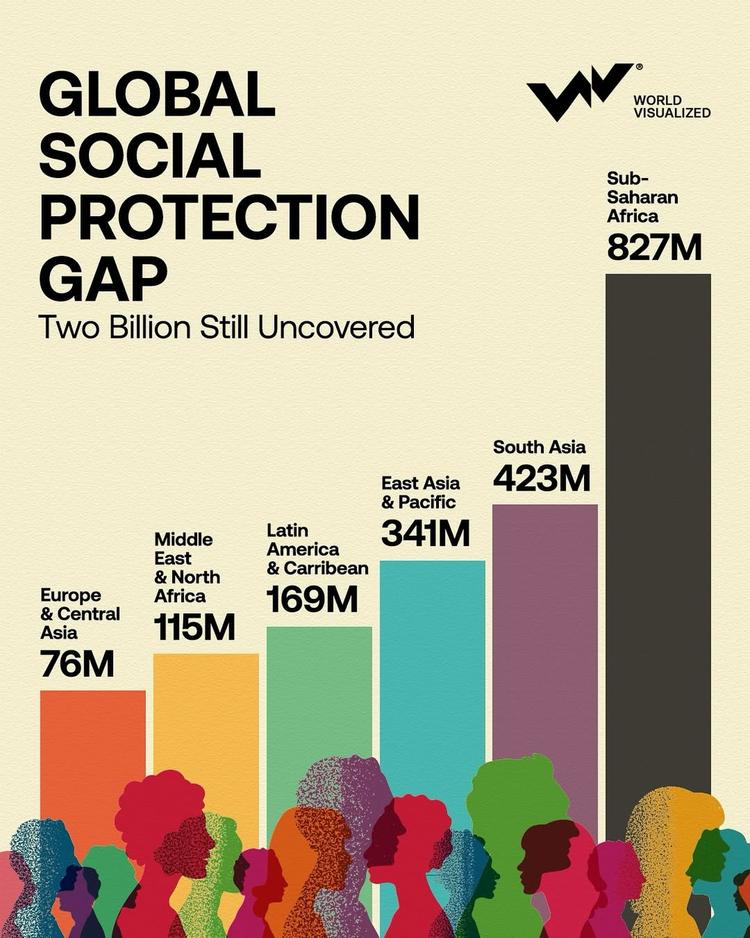Tag: inequality
According to the State of Social Protection Report 2025, a staggering 2 billion people across the globe remain uncovered or inadequately covered by any form of social protection—a stark reminder of the deep inequalities that still persist in the 21st century.

